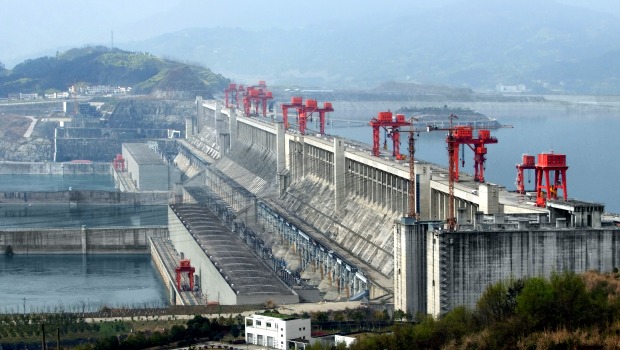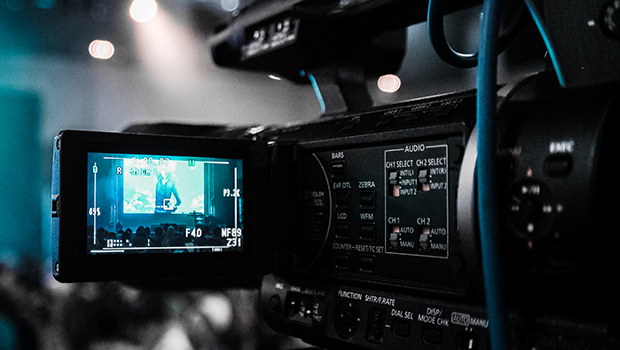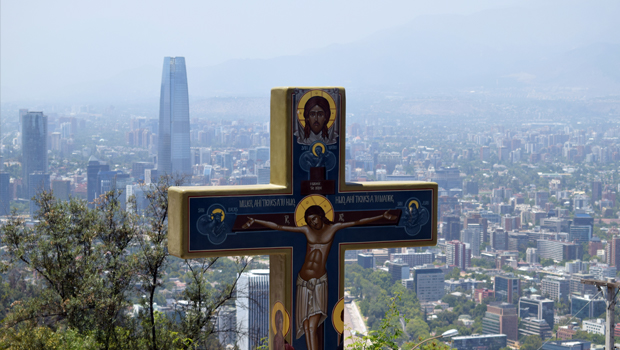Ritu Sarin is the investigations editor of the Indian Express group, and is the winner of several awards including the Ramnath Goenka Award and the Prem Bhatia award for excellence in journalism. ICIJ recently spoke to her about some of her most prominent investigations and her career as an investigative editor.
You recently worked with ICIJ on the Offshore Leaks investigation. What did you uncover about offshore secrecy in India, and what results did you see from your reporting?
It was an amazing assignment and since it required months of work, I later realized it could only be done with my newspaper joining in as a media partner. All I had to begin with was a list of names, each of which had to be researched. In many individual cases of BVI investors, sheafs of documents had to be analyzed.
There were two things that surprised me. One was that even in the Indian Central Bank and the Reserve Bank of India there was no clarity on individual ownership of companies registered in tax havens. The second was how in just one company – Portcullis Trustnet – in one tax haven, as many as 600 Indians had invested and routed funds. As it transpired, many of them turned out to be tycoons, prominent businessmen and two of them, members of Parliament.
One of your best-known investigations was known as the “Tata Tapes,” and revealed secret conversations between the directors of a leading tea company and politicians. Tell us a bit about what you found and how you reported the story?
It was one of the first major stories in India gleaned from telephone interception so it created a lot of excitement, both in the office and post-publication. I recall telling my editors that we should not edit any conversations or else people would attribute motives for doing so.
The story was about a banned terror outfit in Assam in northeast India, allegedly being paid off by prominent business houses, including the Tatas. The Tatas had repeatedly been told by the terror group that they would not be allowed to operate in Assam if they did not pay for their peace.
Once the story appeared, the Government denied any role in the wiretaps and said the Intelligence Bureau was also not involved. A formal inquiry by the Central Bureau of Investigation (CBI) was ordered and I as well as my editors were called for “questioning” in Mumbai. There were many sessions held with company lawyers and I obviously gave nothing away on how or from whom I procured the tapes. A few months later, the CBI was forced to close the case “for want of evidence.”
What is the path that led you to investigative journalism in the first place?
It’s difficult to say, but I have always enjoyed chasing a long project or starting from a point where others have given up.
I will give you two other examples of my favorite stories. One was a coveted interview with just-retired President Zail Singh, published in a weekly magazine I was working with, Sunday, after he retired in 1987. There were many editors and senior colleagues who were chasing the former President, but in a lengthy session (I recall carrying flowers for the interview) he admitted he was offered huge sums of money to dismiss the then-Prime Minister, Rajiv Gandhi. The interview generated a huge controversy but yes, ruined Zail Singh’s future as a politician.
The other was a more recent (2011) story on how Finance Minister Pranab Mukherjee had written to Prime Minister Manmohan Singh about a “security breach” and how he suspected bugs had been planted in his office. I recall the source who gave me the first lead for the story named three other journalists who he said knew about the incident, but obviously did nothing about it. I chased the story for over a month and The Indian Express ran it only after I managed to land the top secret letter written by the Finance Minister to the Prime Minister! The stuff Indian politics is made of….
There has been a great deal of international attention recently to assaults on women in India, including an alleged sexual assault against a female journalist by the editor of a leading investigative publication, Tehelka. What have been the greatest challenges you’ve faced as a woman reporting in India?
Yes, I faced some tricky situations while covering peak militancy in Punjab and Kashmir. But generally, I have never felt disadvantaged being a woman reporter. If anything, I think subjects and sources trust you more. Some over-cautious people may prefer to keep someone sitting in the room during a meeting and these days, thanks to over-enthusiastic “sting” journalism, agency chiefs ask you to enter their rooms without mobile phones. As far as sexual harassment at the workplace is concerned, my newspaper is very sensitive to such situations. I am convinced that what happened with the Tehelka staffer was an individual aberration.
How have you handled these challenges and succeeded in becoming a top editor at a major newspaper?
We have a hierarchy of editors at The Indian Express and my editor takes pride in the fact that there are several women at the top. Basically, I am in an environment where I am left to my own devices. I work with a small team of reporters and have no fixed deadlines. That’s the reason why when I was working on the Offshore Leaks investigation, many thought I was no longer with the newspaper!
Talk about your approach to stories. Is there anything unusual about the way you conduct your research or choose your themes?
What I enjoy the most is picking up a thread, a wisp of information and stitching it together into a major story. Often, the confirmation on a lead may come after meeting a dozen sources, many of them in the top echelons of government. So it can be time-consuming and sometimes, frustrating.
I am concerned, for instance, at the abysmally poor levels of infiltration of Indian journalists into intelligence agencies and that’s an area I want to concentrate upon. One of my recent stories was on activities of an illegal intelligence cell set up by a former Army Chief, General V K Singh, called the Technical Support Division (TSD). The story was confirmed by the Ministry of Defense but some critics called revealing secrets such as misuse of Secret Service funds by the Army “anti-national.” This is a point of view I disagree with.
What do you consider some of the most important lessons you have learned over the years?
Nothing matters more than the credibility of your byline.
What are the key elements that make an investigative story truly “click”? What do they have to have and what should they not be missing?
These are the essential ingredients: through research; attribution and fact-checking to the last word; approaching the subjects, or targets, for their versions; and most importantly, an honest approach to the story with editors, subjects and readers alike. Since investigative reporters do not work on daily deadlines, there should be little scope for factual follow-ups to your story. Your story should encompass and weave in all possible facts and angles.
What is the biggest single threat to investigative reporting and what advice can you give to others?
There are many threats: file-snatching journalism; sting journalism; falling for plants and forged documents; the tendency of younger reporters to get impatient while chasing a lengthy project; their reluctance to do legwork and visit spots; and more recently, looking for impact rather than accuracy.



